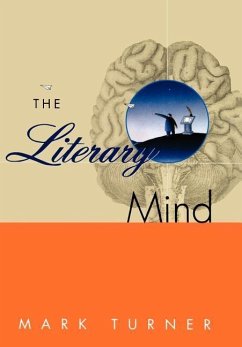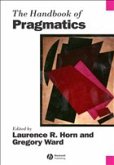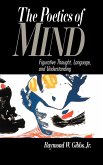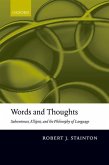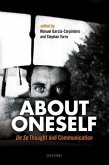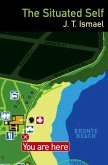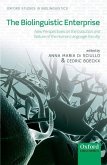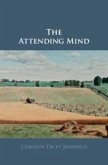Offering major revisions to our understanding of thought, conceptual activity, and the origin and nature of language, The Literary Mind presents a unified theory of central problems in cognitive science, linguistics, neuroscience, psychology, and philosophy. It gives new and unexpected answers to classic questions about knowledge, creativity, understanding, reason, and invention.
In The Literary Mind, Turner ranges from the tools of modern linguistics, to the recent work of neuroscientists such as Antonio Damasio and Gerald Edelman, to literary masterpieces by Homer, Dante, Shakespeare, and Proust, as he explains how story and projection - and their powerful combination in parable - are fundamental to everyday thought. In simple and traditional English, he reveals how we use parable to understand space and time, to grasp what it means to be located in space and time, and to conceive of ourselves, other selves, other lives, and other viewpoints. He explains the role of parable in reasoning, in categorizing, and in solving problems. He develops a powerful model of conceptual construction and, in a far-reaching final chapter, extends it to a new conception of the origin of language that contradicts proposals by such thinkers as Noam Chomsky and Steven Pinker. Turner argues that story, projection, and parable precede grammar, that language follows from these mental capacities as a consequence. Language, he concludes, is the child of the literary mind.
Hinweis: Dieser Artikel kann nur an eine deutsche Lieferadresse ausgeliefert werden.
In The Literary Mind, Turner ranges from the tools of modern linguistics, to the recent work of neuroscientists such as Antonio Damasio and Gerald Edelman, to literary masterpieces by Homer, Dante, Shakespeare, and Proust, as he explains how story and projection - and their powerful combination in parable - are fundamental to everyday thought. In simple and traditional English, he reveals how we use parable to understand space and time, to grasp what it means to be located in space and time, and to conceive of ourselves, other selves, other lives, and other viewpoints. He explains the role of parable in reasoning, in categorizing, and in solving problems. He develops a powerful model of conceptual construction and, in a far-reaching final chapter, extends it to a new conception of the origin of language that contradicts proposals by such thinkers as Noam Chomsky and Steven Pinker. Turner argues that story, projection, and parable precede grammar, that language follows from these mental capacities as a consequence. Language, he concludes, is the child of the literary mind.
Hinweis: Dieser Artikel kann nur an eine deutsche Lieferadresse ausgeliefert werden.

